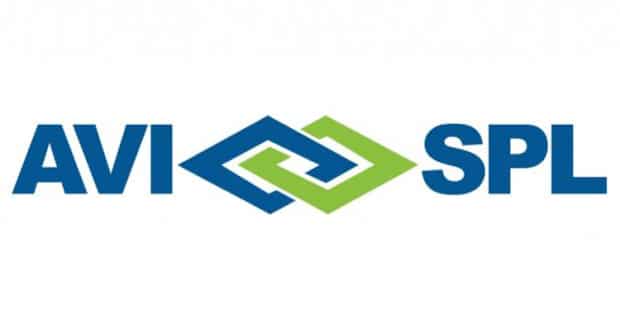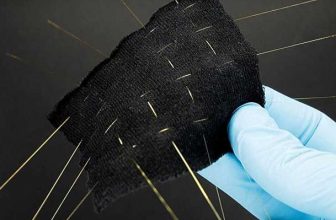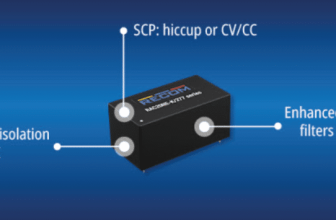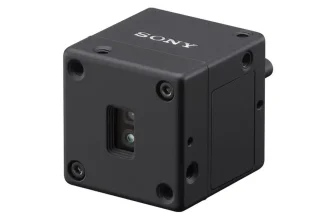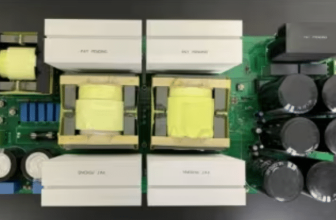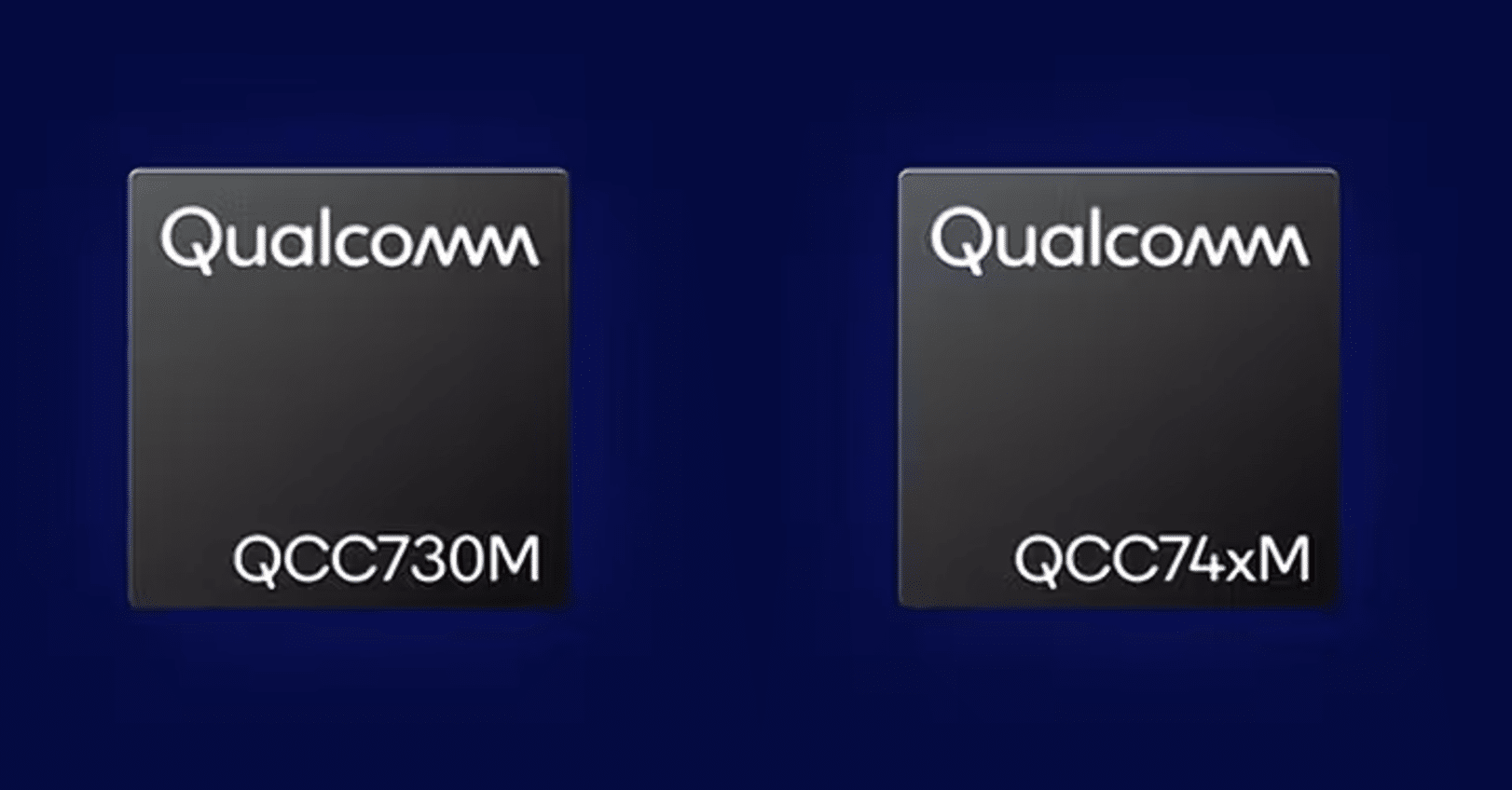
Check out our latest products
The connectivity modules bring host-free operation, low power usage, and features like Wi-Fi 6 and real-time support for IoT applications.
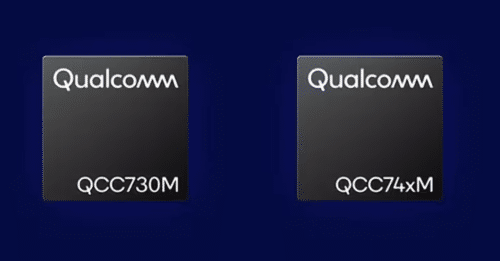
Qualcomm has launched two new connectivity modules for the Internet of Things: the QCC730M and QCC74xM. The company claims that the QCC74xM is the company’s first device to support host-free independent operation, utilizing a core based on the open-source RISC-V instruction set architecture.
The modules are suited for IoT device manufacturers developing smart devices with efficient connectivity and low power consumption, such as sensors, wearables, and home automation products. Embedded systems engineers can leverage the modules’ hostless operation or external host integration for real-time applications requiring media handling, security, and multitasking. They are also ideal for industries like healthcare, automotive, smart cities, and industrial automation, where secure and reliable communication is critical.

The QCC730M, an upgrade of the existing QCC730, is a dual-band Wi-Fi 4 connectivity module featuring an integrated Arm Cortex-M4F 60MHz microcontroller, 640kB of static RAM (SRAM), and 1.5MB of resistive RAM (RRAM). It is designed for energy efficiency and includes a cryptographic accelerator, Secure Boot support, integrated debugging features, and storage management capabilities.
In contrast, the QCC74xM is powered by a 32-bit processor core based on the open-source RISC-V architecture, running at speeds up to 325MHz, with 484kB of SRAM. It supports Wi-Fi 6, Bluetooth 5.3, and IEEE 802.15.4 Thread and Zigbee, making it ideal for high-performance tasks, including media processing. Additionally, it features Ethernet and CAN bus interfaces, as well as cryptographic acceleration.
The company says the QCC74xM is designed to function in “hostless mode,” handling communication and application tasks through a software development kit (SDK) based on the FreeRTOS real-time operating system. However, the module can switch to hosted mode for users requiring more processing power, allowing integration with an external host processor.
The QCC74xM is available in two versions: the QCC743M, which includes 19 general-purpose input/output (GPIO) pins and 4MB of qSPI NOR flash memory, and the QCC744M, which features 27-35 GPIO pins, SDIO and UART buses, and 8MB of NOR flash. The QCC730M will be offered in a single version.


![[5G & 2.4G] Indoor/Outdoor Security Camera for Home, Baby/Elder/Dog/Pet Camera with Phone App, Wi-Fi Camera w/Spotlight, Color Night Vision, 2-Way Audio, 24/7, SD/Cloud Storage, Work w/Alexa, 2Pack](https://m.media-amazon.com/images/I/71gzKbvCrrL._AC_SL1500_.jpg)



![[3 Pack] Sport Bands Compatible with Fitbit Charge 5 Bands Women Men, Adjustable Soft Silicone Charge 5 Wristband Strap for Fitbit Charge 5, Large](https://m.media-amazon.com/images/I/61Tqj4Sz2rL._AC_SL1500_.jpg)

